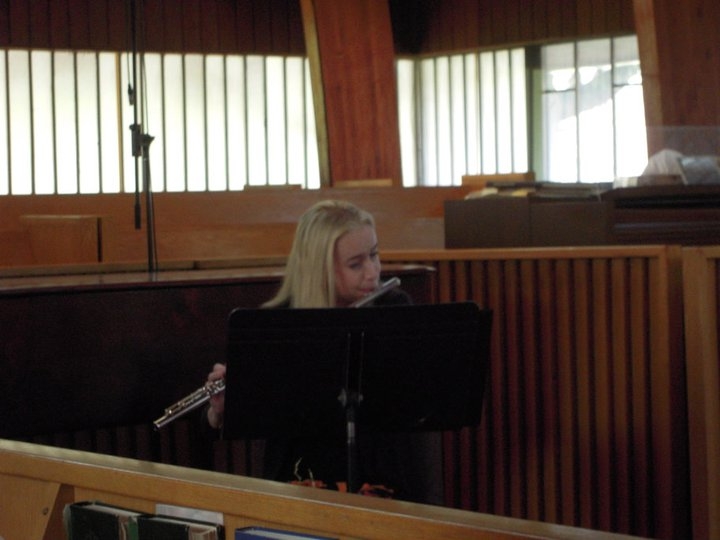By the time the clock strikes midnight tonight, between 200 and 250 Canadians will have attempted to take their own lives today. Eleven of them will have succeeded. Eleven families will have their hearts broken. They will go to bed and lie awake wondering if they could have done anything to prevent this tragedy. Eleven lives will be lost due to utter desperation, a bleakness and hopelessness that many people cannot understand.
It is all too easy to judge those who reach the point of taking their own lives. Judgment is wasted energy, though. It doesn’t help anybody: not the person doing the judging, not the loved ones of those who have committed suicide, and certainly not people who are inching closer and closer to the end of their rope.
Judgments and stigmas against suicide victims are based on misconceptions and misunderstanding. I want to clear up some misconceptions that really need to go the way of the dinosaur.
1. People who commit suicide are not selfish. Sure, it may seem that way. It may seem as if the victim has acted without thought or care for the people being left behind. People who have attempted suicide and survived will attest to the fact that they did agonize over what their passing would do to their loved ones. But in the end, they felt so trapped and hopeless that they could not see a way out. They truly believed that they were doing the right thing not only for themselves, but for the people around them.
2. People who commit suicide are not “taking the easy way out”. Let’s get something straight: suicide is not easy. It is not a snap decision that people make when they simply don’t feel like trying to live anymore. It is a point that is arrived at over weeks, months or years of desperation. Most suicide victims do try to keep going, but in the end, they just cannot see a way forward anymore.
3. Many people who commit suicide don’t actually want to die. This may seem counter-intuitive, but suicide is not driven by a wish to die. More often, it’s driven by a need to escape. A lot of people who commit suicide feel trapped in their own heads, and death is simply the only way they can get out.
4. People do not commit suicide in order to get attention. Some people self-harm because they really need help but don’t know how to ask for it. Or they have tried asking for help but they were not taken seriously. People who make serious suicide attempts are not doing it for the attention. They are doing it because life is excruciatingly painful for them.
5. Suicide is a result of mental illness. All too often, I hear people asking why someone with a great job and a beautiful family would kill themselves. That’s like asking why someone who exercises daily and eats healthily would die of cancer. Mental illness, like cancer, can happen to anyone. The difference is that when people get cancer, they are taken seriously.
6. People who are suicidal are capable of happiness. When an acquaintance of mine committed suicide several years ago, a lot of people were mystified. “She always seemed so happy,” they said. The thing is, at times, she was happy. Many people who feel that desperate need to escape from their lives have the capacity to experience periods of happiness. It is not sadness – the opposite of happiness – that drives people to suicide. It is depression. Depression and sadness are not the same thing.
7. People who are suicidal can be helped. I once heard someone say something along the lines of, “If someone really wants to kill themselves, they will find a way to do it.” I don’t remember the full context, but I do know that it was part of a conversation about suicide prevention. For most people, suicide is an absolute last resort when they believe that all other options have been exhausted. They want to be helped, and they can be helped – a fact that is borne out by the crisis helpline program that was implemented on all of Toronto’s subway platforms in 2011. In the first six weeks after the program was launched, the crisis helpline saved seven people who had gone to the subway station with the intention of jumping in front of a train.
Today, September 10th, is World Suicide Prevention Day. If we all do our part to stop judging and start understanding, how many lives can we save?
This is an original post for Running for Autism by Kirsten Doyle. Photo credit: Leticia Burtin. This picture has a creative commons attribution license.












